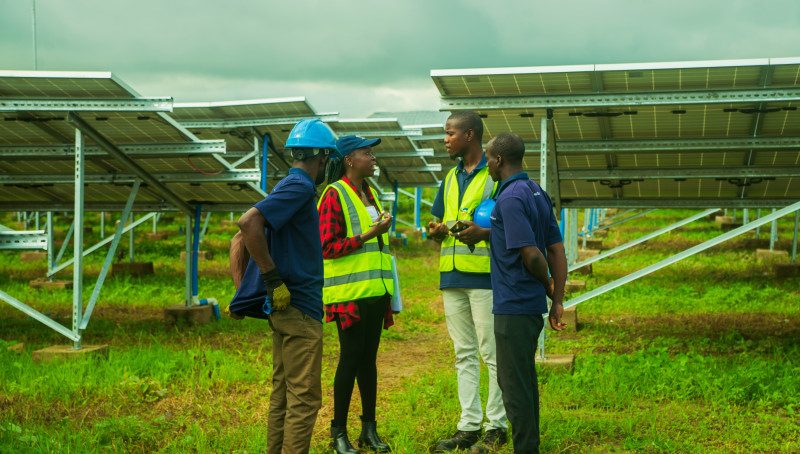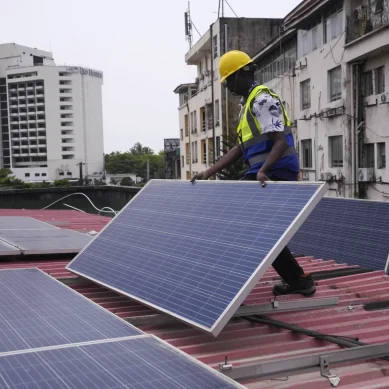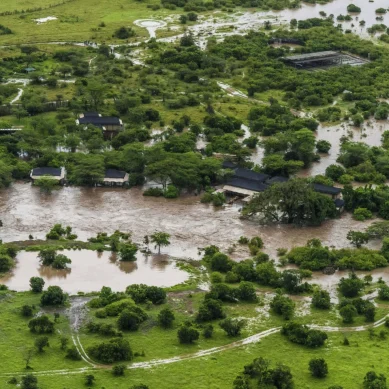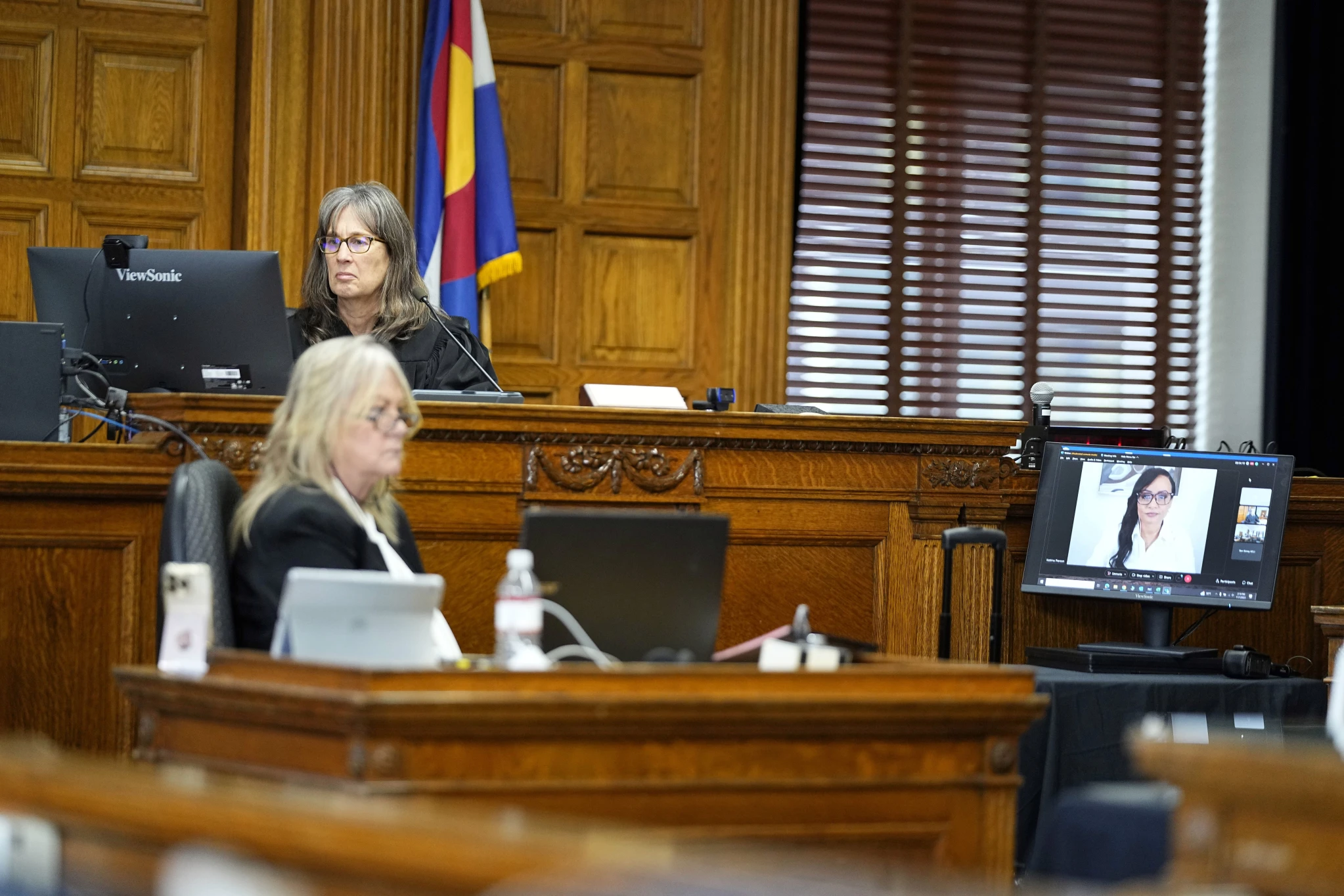
CrossBoundary Access, in partnership with Shell Foundation, a UK-registered charity, is open sourcing project financing tools they have used to structure and finance over $80 million of mini-grid projects in Africa.
CrossBoundary Access has shared a project finance model and will share template project financing term sheets later this year. CrossBoundary Access says it believes open sourcing financial tools and approaches across the sector will accelerate the flow of capital needed to achieve universal energy access in Africa.
The International Energy Agency (IEA) forecasts that the number of people in Sub-Saharan Africa without power – 600 million – will be largely unchanged by 2030. Mini-grids, which are self-sufficient electricity grids that can serve households and businesses, have a critical role to play in bridging the gap. They are the least-cost method to bring electricity to over 260 million people.
However, mini grids are complex infrastructure assets that typically take up to two years to finance. Mini grids are small (typically less than $500,000 in capex), have unfixed long-term cash flows such as revenue, diesel expenditure, battery replacements, etc, and are typically mixed with other non-infrastructure assets and activities.
The process of ring-fencing mini-grid assets into standalone investment vehicles and fixing and allocating revenues, costs and risks over a typical 10-20-year infrastructure investment horizon is a highly intensive process. Detailed, interlocking financial models and project contracts are required to create bankable mini-grid projects.
CrossBoundary Access is open sourcing the two interlocking financing tools it has developed over the past six years – a financial model and project term sheets – to accelerate the flow of capital into the mini-grid sector. The open-source movement was first pioneered by the software industry in the 1990s. CrossBoundary Access believes the energy access sector should adopt its own open source model to accelerate industry collaboration. Continuous sharing and improvement of the sector’s financing tools is needed to attract and deploy capital into mini grids.
Read more on why CrossBoundary Access and Shell Foundation believe open source can accelerate universal energy access in Africa in this article.
Terry Otinga, Senior Investment Associate and Open-Source lead at CrossBoundary Access, says, “We are excited to share these tools and are especially eager to exchange lessons learnt with developers and investors. This will bring us a step closer to closing the energy access gap in Africa. That’s what open source is about.”
Kwaku Owusu-Achaw, Business Development Director at the Shell Foundation, says, “We are thrilled to partner with CrossBoundary Access to share this innovative financing approach. We hope that this is useful for the sector and gives developers the tools to raise capital and improve energy access in Africa.”
Humphrey Wireko, Managing Director at CrossBoundary Access, says, “We appreciate Shell Foundation’s support in this initiative. In order to reach the 300 million people in Africa best served by mini-grids, we need a lot more mini-grids being built and more investors providing capital to this sector. Hopefully this helps make that happen.”
- A Tell report











